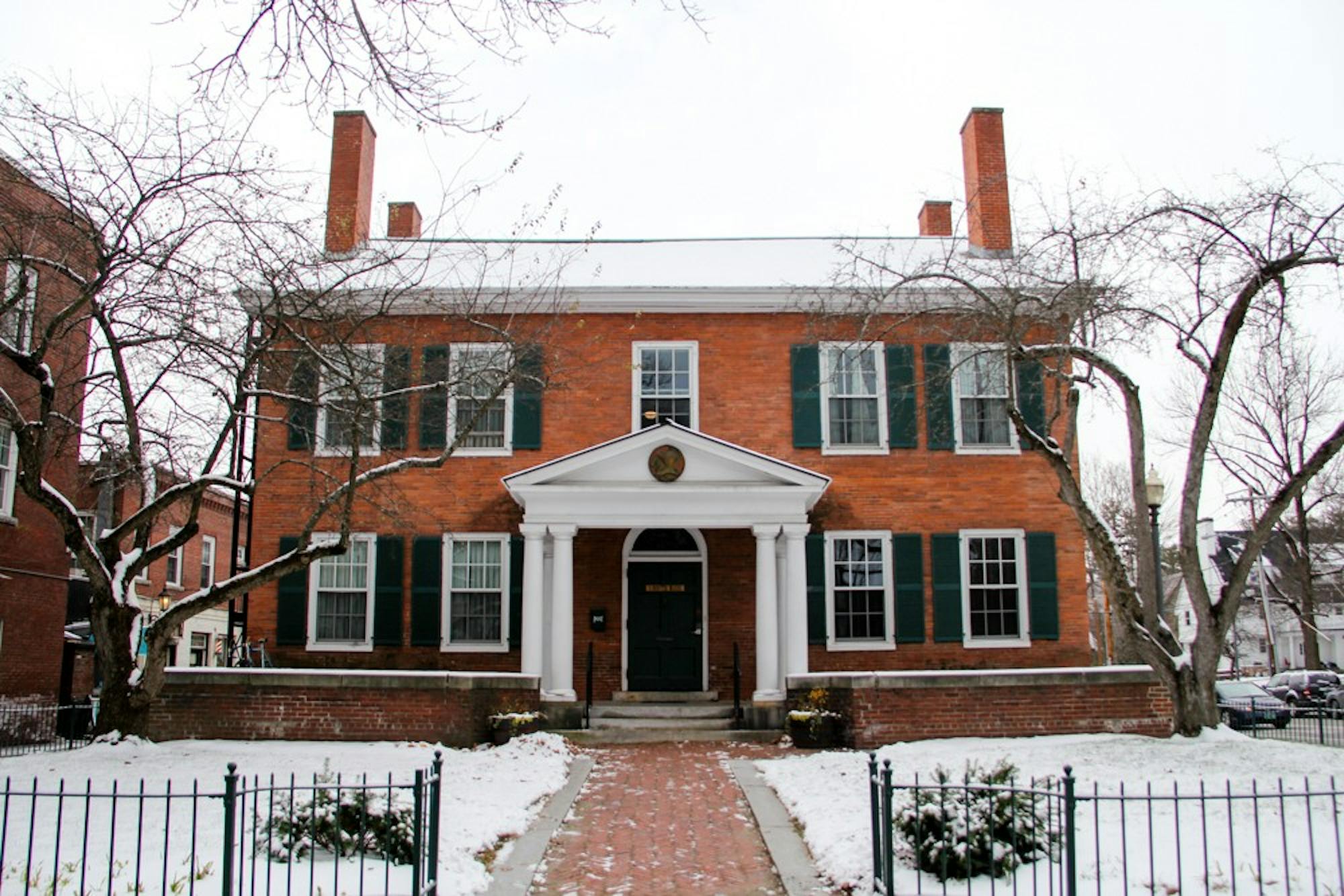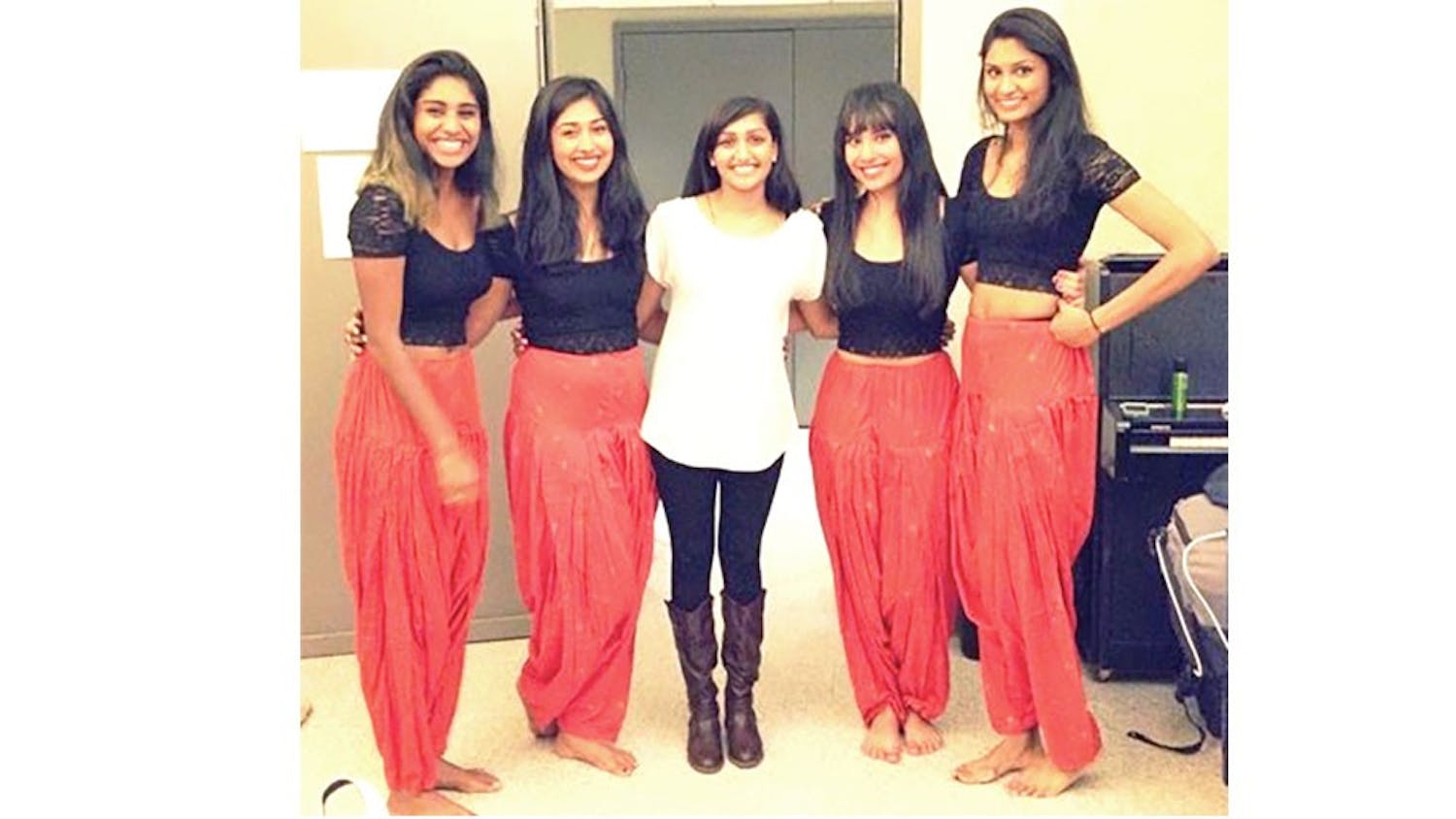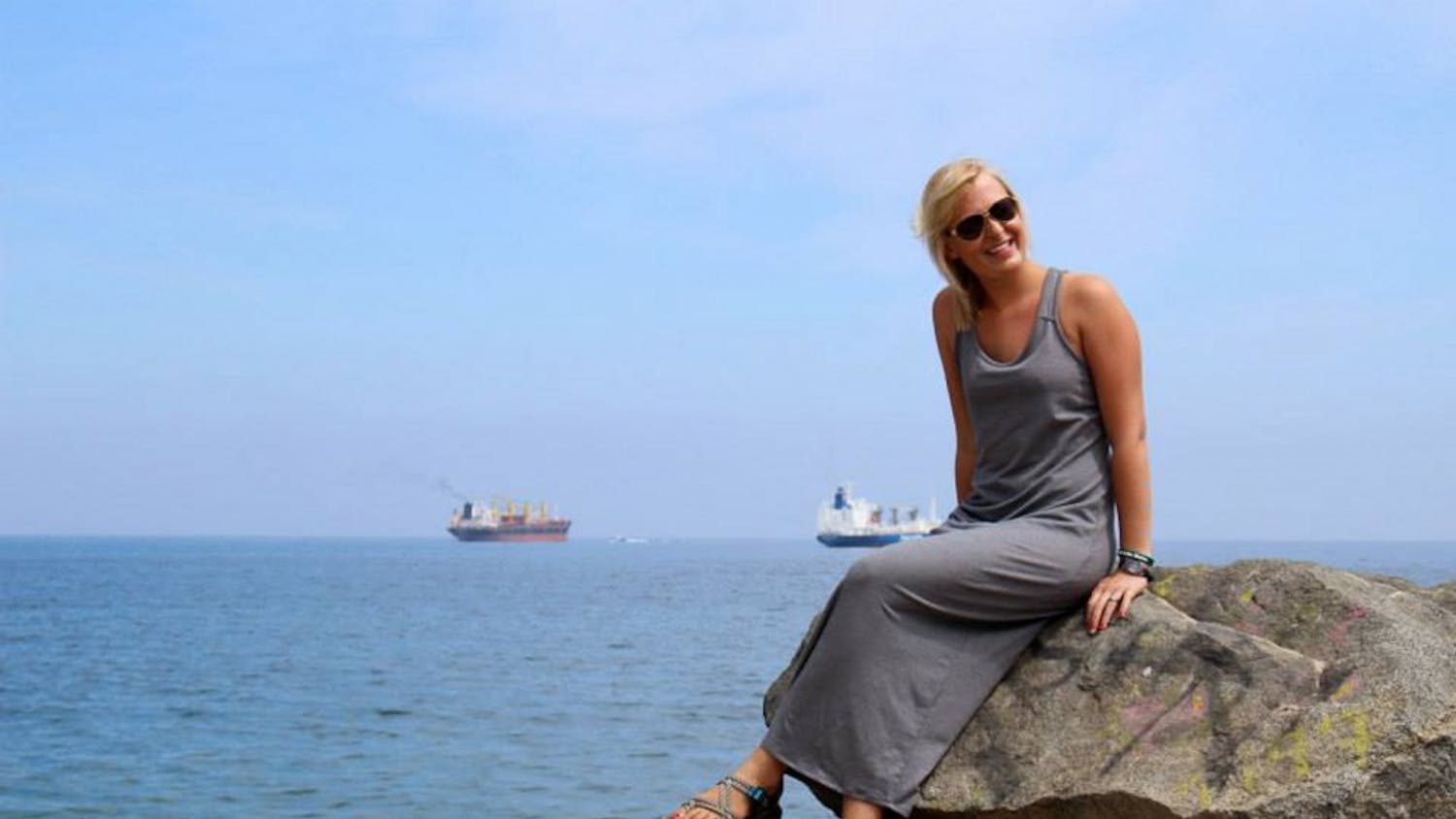Located in the basement of senior society Casque and Gauntlet, a student-run project called Third Kitchen has launched as a culinary learning space open to all of campus. The Third Kitchen team currently hosts cooking classes twice a week, and the space can be reserved during open cooking hours for personal use.
The first two classes were led by Third Kitchen team member and Casque and Gauntlet president Han Vale ’20, who shared traditional recipes of Filipino siopao as well as profiteroles.
“The class was excellent,” said Isaac Feldman ’23. “Even though our cream puffs didn’t turn out the way we thought they would, we had a good time. I miss being in a kitchen; I miss cooking from home, and it’s a cool thing to have a very professional kitchen here.”
Open cooking hours currently run on Monday, Wednesday and Friday from 1 p.m. to 6 p.m., as well as on Sunday from 11 a.m. to 6 p.m. Classes are hosted on Tuesdays and Thursdays at 5 p.m., and anyone can sign up to lead them.
“It’s interesting to be able to cook different things with people’s own techniques,” said Tanzil Mohamed ’23. “Like, [Vale] had gone to culinary school, so we got to cook a French pastry.”
The initial vision for Third Kitchen came after Vale attended events at Casque and Gauntlet as an underclassman and took notice of the underutilized kitchen, Vale said. Students used the kitchen to cook feeds and cook with their friends, but the space was less accessible to other members of the community. When she became president of the organization, Vale said, she worked with the Class of 2020 delegation to design a project that would open the kitchen and facilitate access to culturally specific ingredients.
“In a lot of ways, this delegation felt as if the College was not making steps towards student access to food in a way that gave them autonomy or was taking into account cultural specificity or the community building aspect of food,” Vale said. “It was really just a perfect storm of things that came together; it was having access to this amazing space, having a supportive delegation and alumni and having capital to do the project because of the alums.”
The term Third Kitchen plays off the “Third Space Theory,” a social and architectural theory focusing on the hybrid nature of identity. The Third Kitchen team is dedicated to increasing access to cultural foods for everyone, which can be difficult in Hanover’s few grocery stores, according to Vale. A team member can aid in sourcing ingredients when someone reserves the kitchen, with the only charge being the cost of the groceries. Third Kitchen is also looking into buying and lending out kitchen equipment necessary for making traditional dishes, Vale said.
“Especially students who come from food backgrounds that are culturally specific who want to cook food from home, they just don’t know where to get the ingredients,” Vale said. “A member of the team [will tell you], ‘You can get this here, or one of us can go get it for you.’”
Physical work on the kitchen began during the start of fall term, Vale said, when the Third Kitchen team cleaned, painted and inventoried in preparation of opening the space. With an open kitchen concept, the space offers items ranging from stainless steel cooking appliances to tortilla presses and cake turners.
Describing the project as a “blank slate,” Vale said that Third Kitchen has plans to integrate the space with other communities on campus, such as collaborating with professors to add cooking into class by examining cultural foodways and historical recipes. Additionally, local chefs and professors will be invited to host workshops and conversations. According to Vale, the project also plans on partnering with Dick’s House and the Organic Farm to cook meals for students over winterim.
“Ideally we’d love to be open over winterim so people can come and access the space, access groceries here and cook in here without feeling like that’s a barrier to them,” she said. “People have been approaching other [Casque and Gauntlet members] very excited about participating and helping out, and I think it’s just really cool to see Dartmouth coming together in this way.”




